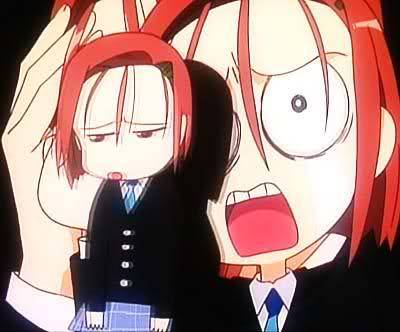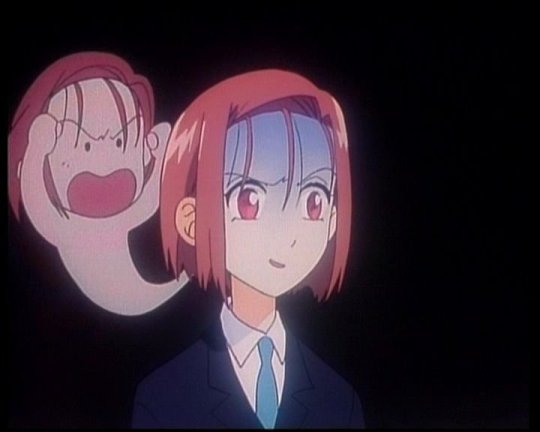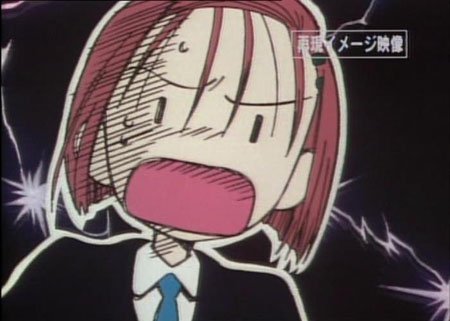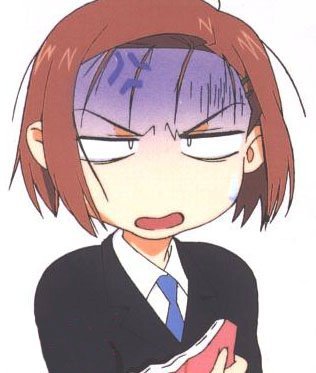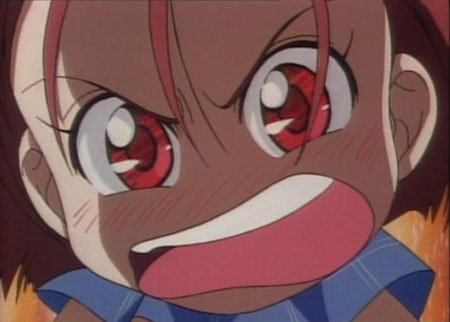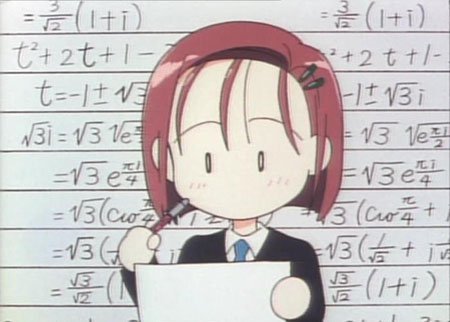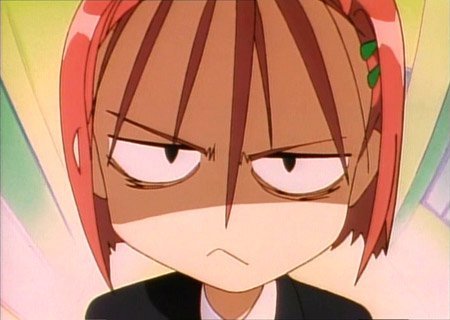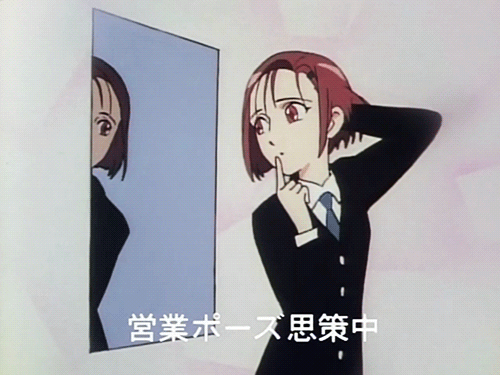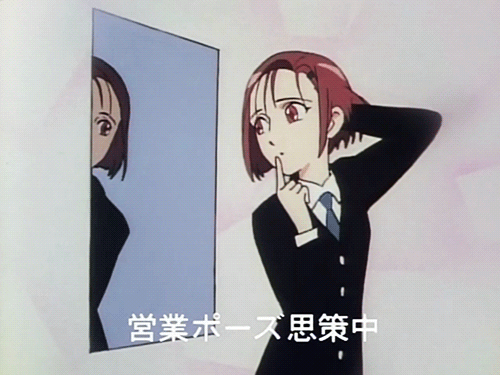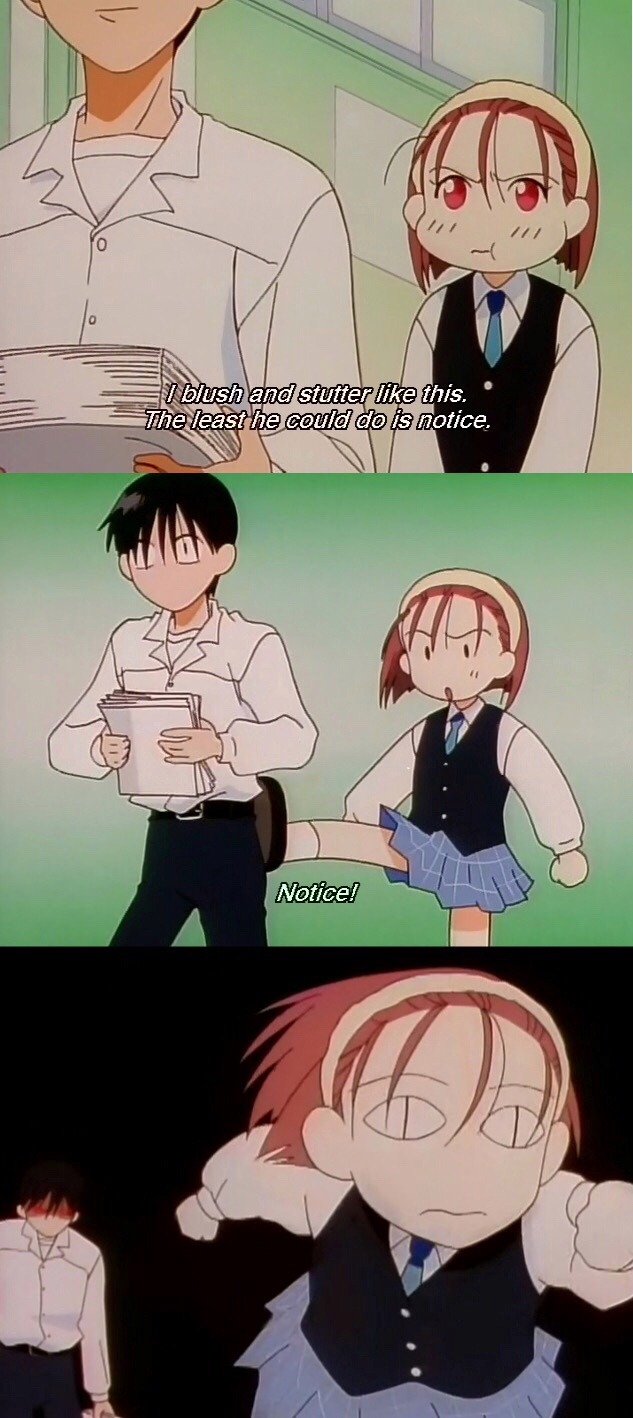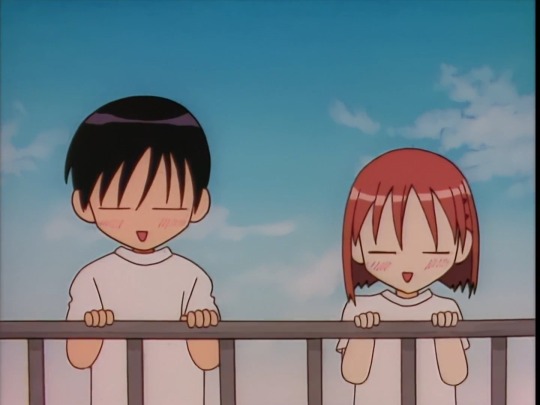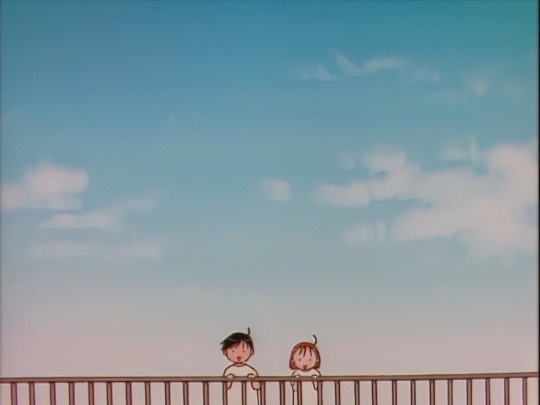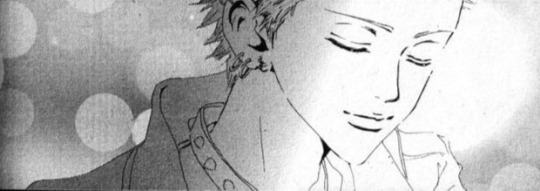Photo
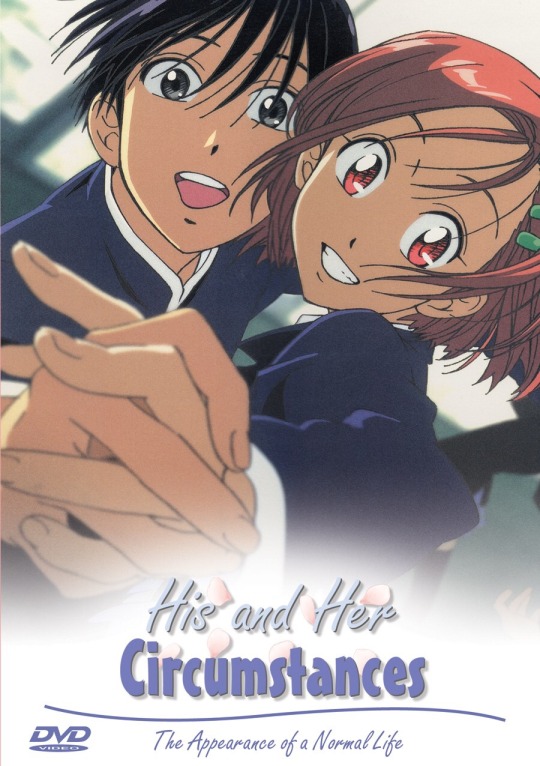
I actually wanted to get all A’s when I watched this. It never happened.
20 notes
·
View notes
Photo
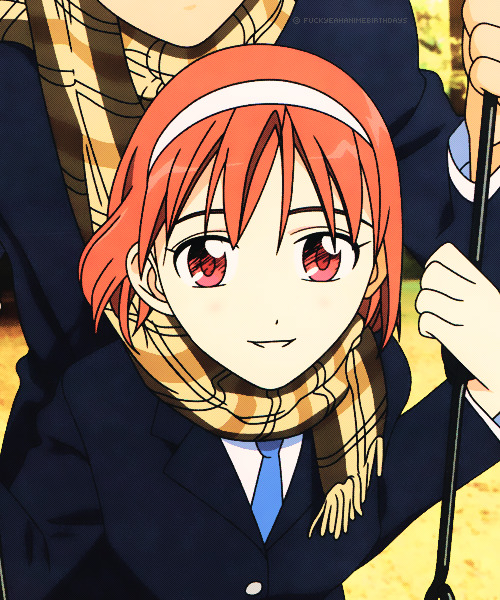
Yukino Miyazawa (Kareshi Kanojo no Jijou)
» August 1
13 notes
·
View notes
Photo
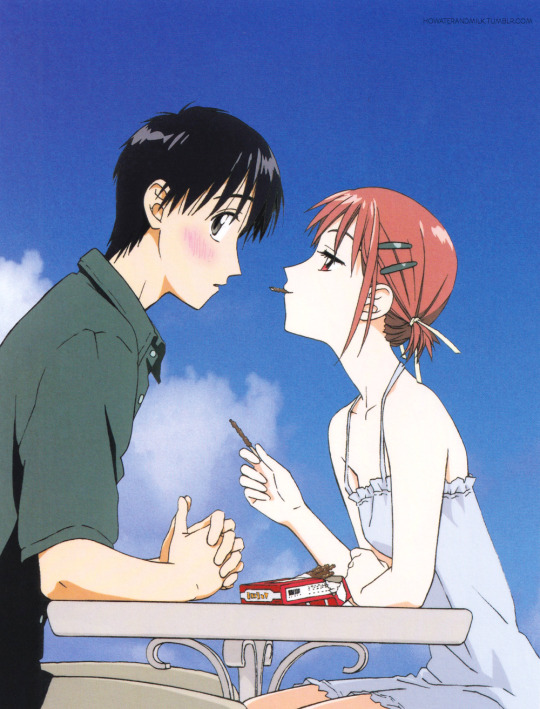
Series: Kareshi Kanojo no Jijou
Artist: Hiramatsu Tadashi
Publication: ‘Hiramatsu Tadashi Animation Gashuu’ (2017)
Source: Scanned from personal collection
248 notes
·
View notes
Photo

Series: Kareshi Kanojo no Jijou
Artist: Hiramatsu Tadashi
Publication: ‘Hiramatsu Tadashi Animation Gashuu’ (2017)
Source: Scanned from personal collection
225 notes
·
View notes
Photo
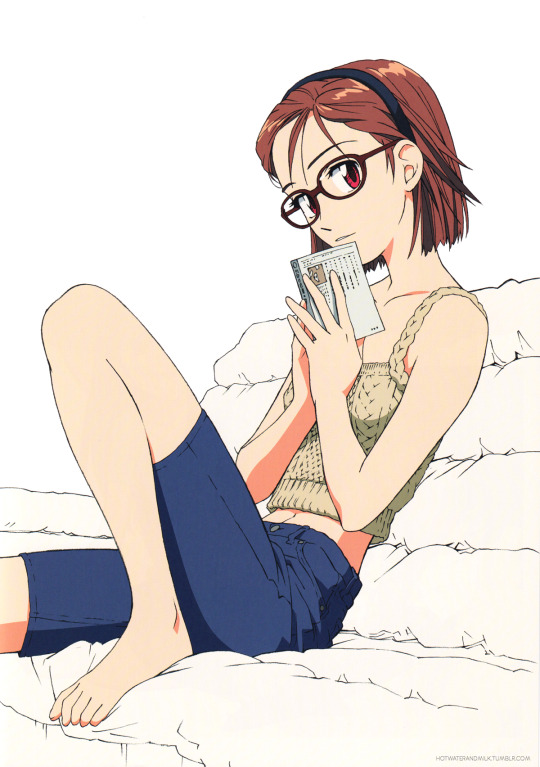
Series: Kareshi Kanojo no Jijou
Artist: Hiramatsu Tadashi
Publication: ‘Hiramatsu Tadashi Animation Gashuu’ (2017)
Source: Scanned from personal collection
196 notes
·
View notes
Photo
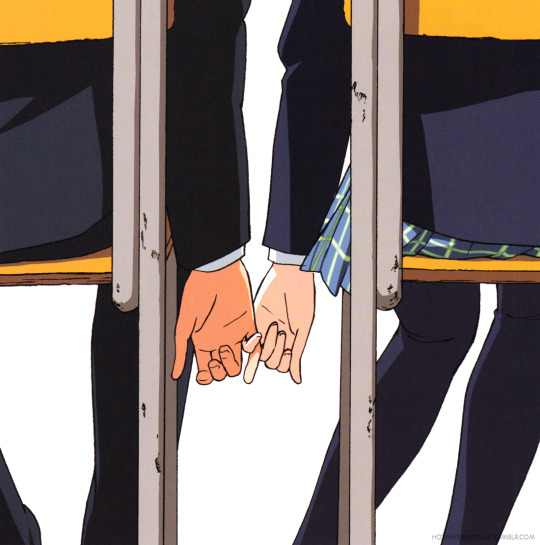
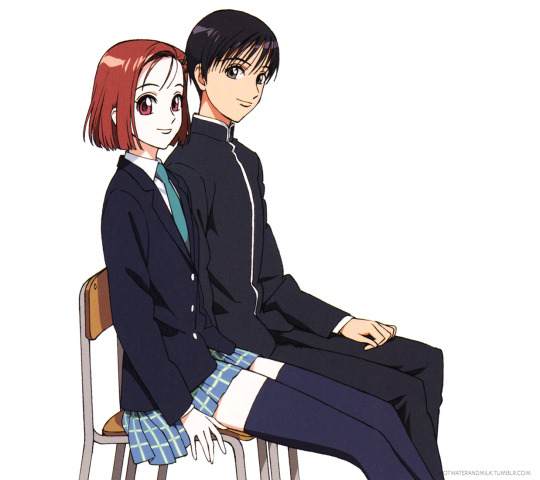
Series: Kareshi Kanojo no Jijou
Artist: Hiramatsu Tadashi
Publication: ‘Hiramatsu Tadashi Animation Gashuu’ (2017)
Source: Scanned from personal collection
296 notes
·
View notes
Text
Kare Kano (Manga): How inclusion of family dynamics enhances characterization
Many series often have the “ambiguously absent parent trope”—in which moms, dads, or even both parents, are away for the series’ entirety. While this is often done out of convenience, it can also lead to missed opportunities. Inclusion of family dynamics can greatly enhance characterization, because it allows viewers to see characters in different contexts, providing a better understanding of why they may act the way they do. This works especially well in Kare Kano, where Yukino and Soichiro have similar outward personas, but their true selves could not be any more different partly due to their respective upbringings.
Yukino’s and Soichiro’s Outward Personas
In the eyes of their peers, Yukino and Soichiro are model students that not only excel in academics but also in extracurriculars. Yet, despite their accomplishments and fame, both are incredibly modest. They are never condescending and constantly strive to extend a helping hand to those around them, causing them to be highly respected and admired from afar. However, unbeknownst to their classmates and teachers, both Yukino and Soichiro hide their true selves behind perfectly constructed masks.
Yukino Miyazawa’s True Self
The real Yukino is vain—she enjoys being under the spotlight and claims that praise is her life force. It’s the sole reason for why she’s maintained a perfect image over the course of her school years. Alongside that, she can also be highly competitive and petty—as she initially views Soichiro as a threat to her status and laughs in triumph when he confesses to her in chapter one. Readers witness this side of her in its entirely in a scene that takes place at her home, where she doesn’t need to worry about putting on a façade and can safely voice her true feelings and complaints.
Yukino’s family is introduced as early as the first chapter. Not only is the family dynamic hilarious, but the interactions also give context to other parts of her personality. Yukino’s father is the doting type and her mother is the care-free type. Neither parents are overbearing or overly strict towards their children. They find their daughter’s obsession with perfection amusing and ridiculous rather than praiseworthy. Yukino’s sisters also enjoy teasing her when the occasion arises, hilariously remarking that they can’t help but be in awe by how much of a fraud their sister is in public. This is likely part of the reason why Yukino doesn’t quite feel too arrogant—her family members call out her behavior without restraint, making her still self-aware and grounded. These family interactions play up the comedy, making Yukino’s more negative qualities also hilarious to watch. The Miyazawa family’s fun-loving attitude is also indicative of the ways in which they approach things in general. When they vocalize their disagreements or poke fun at each other, it comes from a place of love—never to harm or impose restrictions. Yukino can unabashedly be herself because her family ultimately loves and cares for her. Her reason for projecting a perfect image is also rather silly, which is in line with her family’s light-hearted attitude in ways. By growing up in a warm and supportive family, Yukino also has a lot of other positive qualities. She is self-assured, relatively optimistic, and unafraid of the challenges that eventually come her way when she decides to just be herself.
Souichiro Arima’s True Self
While Soichiro also makes the decision to discard his persona, his journey in doing so is more turbulent. Unlike Yukino, Soichiro tends to distance himself from those around him—mostly only really showing his true self to Yukino and eventually their mutual friend Asaba for the majority of the series. He treats others with mostly respect but doesn’t let them in. At times, Soichiro can also be rather cold and manipulative when he feels threatened. However, he doesn’t particularly like his possibly more warped side, showing signs of fear for what he may be capable of to those he loves. This can be explained by his complicated family history.
While Yukino feels comfortable to let loose at her own home, this isn’t quite the case for Soichiro. Soichiro maintains a respectable distance between him and his parents. He feels pressured to act the part of a good son, both at school and at home, due to the circumstances behind his adoption. His own birth parents are considered the “bad seeds” of the family, yet his uncle and aunt chose to raise him regardless. As a result, Soichiro believes he has an obligation to maintain their reputation and prevent disappointment, even if that is not something they have ever voiced to him personally. Alongside this, Soichiro fears that he will grow up to be like his birth parents, causing him to worry about the possibility of a more sinister side to him. With almost nowhere to express himself fully, Soichiro’s experiences in keeping up his image can be best described as suffocating. Unlike Yukino, who chooses to be put on an act out for her own gratification, Soichiro does so as a means of self-preservation. His complicated family history is vital in understanding him—his tendency to close himself off, suppress his more negative emotions, and inclination to self-destructive behavior. It explains his attraction to Yukino, whom he initially felt connected to because of their similarities, and his eventual fear of growing apart from her as her world expands and their fundamental differences become more obvious. Without providing too many spoilers, the manga delves into much more detail about his birth parents and his extended family, providing additional insight to his personality and struggles.
*It should be warned, to those who may be interested in reading more about this series, that the manga includes triggering content such as rape and child abuse. As much as I love this series for the overall message it attempts to convey (and how much it means to me personally), the darker content and occasional mishandling of its problematic elements may not make it suitable for everyone.*
Final Thoughts
By including their family interactions, it is easy piece together the source of Soichiro’s and Yukino’s personalities and values. This is especially important in understanding their changing dynamic over the course of the series. They initially bond with each other through their decision to be true to themselves but have moments that drift them apart due to some fundamental differences that arise. Family dynamics in Kare Kano very much enhances its characterizations and family members need not be onscreen for a large part of the story—as is the case of Yukino Miyazawa’s family. Just seeing a small glimpse of characters in another context can give readers an extra layer of understanding that they otherwise would not have access to. As a result, I find that having family members be present (or deliberately absent as a means to explain a character’s upbringing) can greatly enrich a story and is something I thoroughly enjoy seeing.
44 notes
·
View notes
Photo
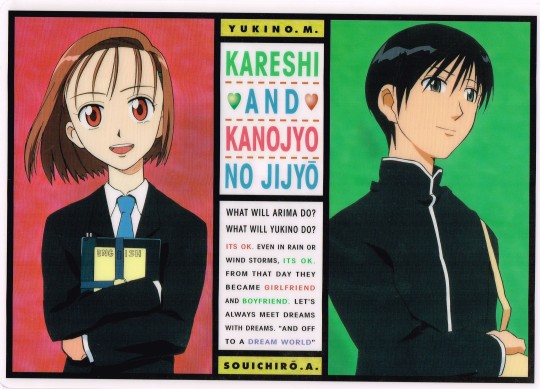
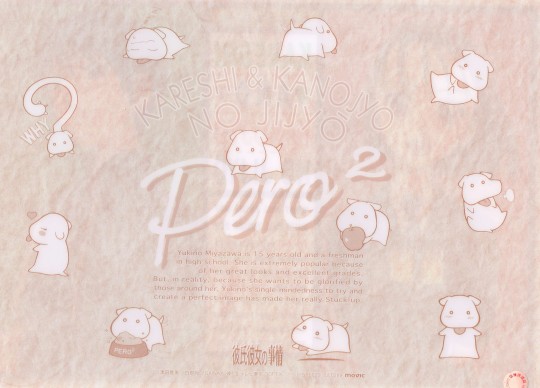
Here are some scans from my all time favorite romance anime, Kare Kano. I hope you enjoy these images!
13 notes
·
View notes
Text
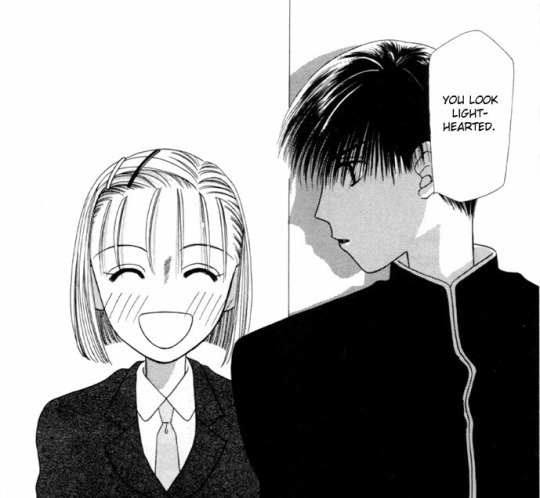
Kareshi Kanojo no Jijō, 彼氏彼女の事情, His and Her Circumstances, Kare Kano by Masami Tsuda.
16 notes
·
View notes
Text
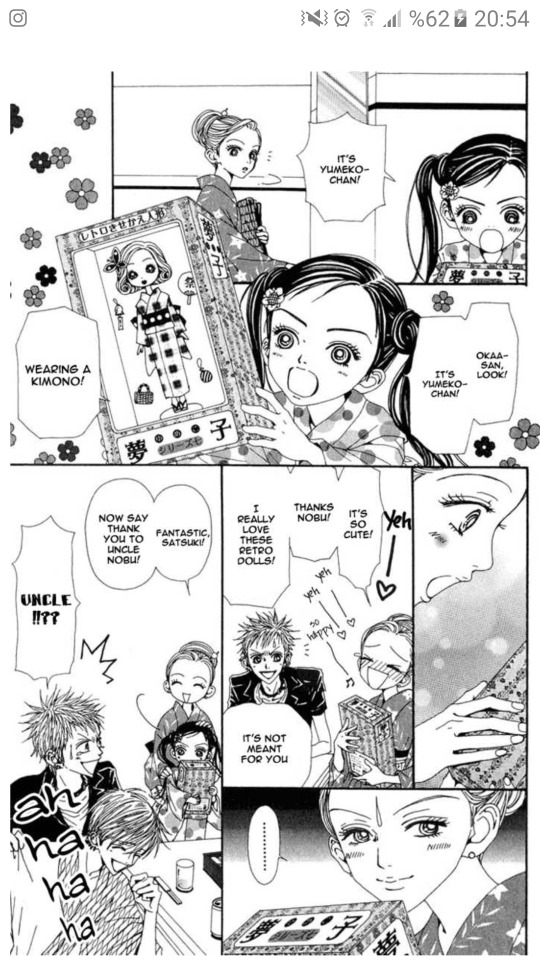
I love this panel so much. I love that Nobu and Hachi became so comfortable to the point they tease each other playfully. I love that Nobu bought a present for Satsuki. I love that the doll look so much like young Hachiko.
117 notes
·
View notes
